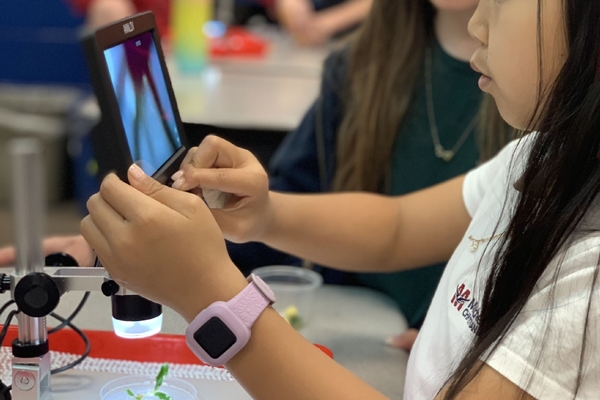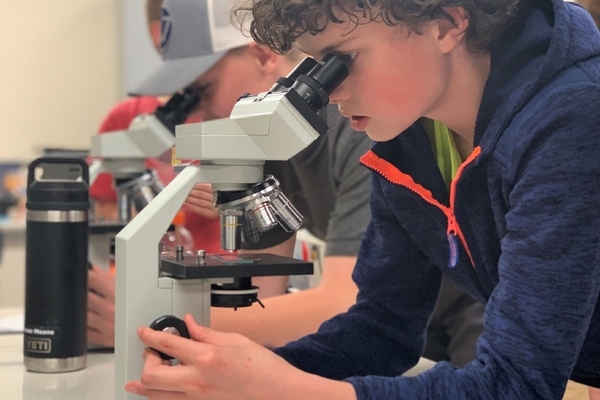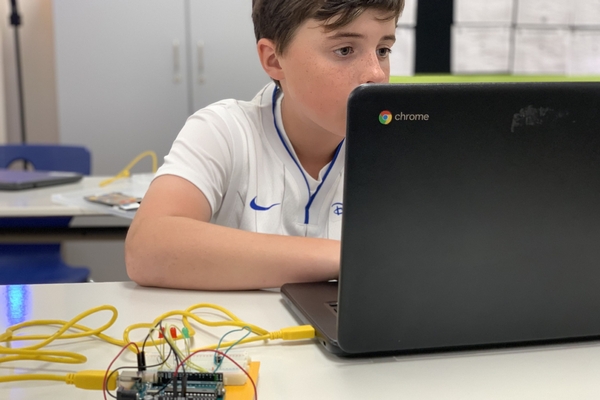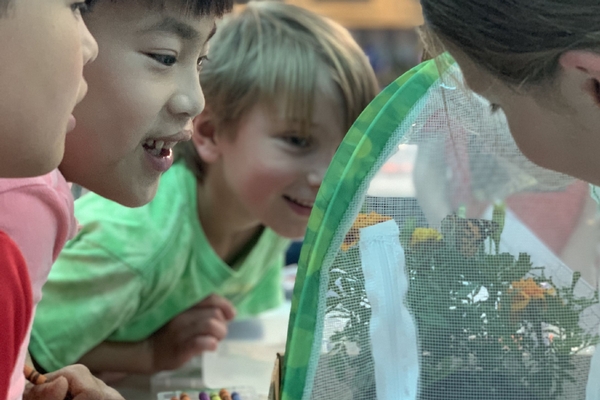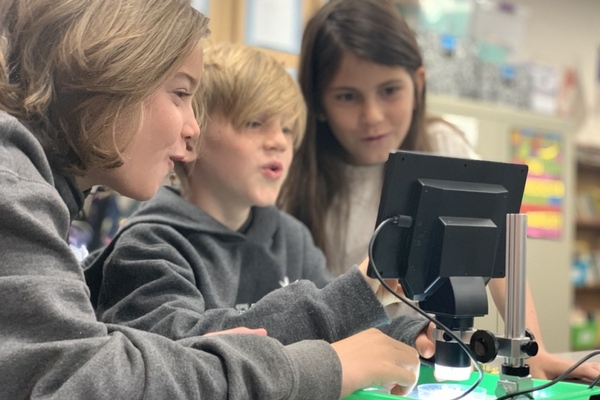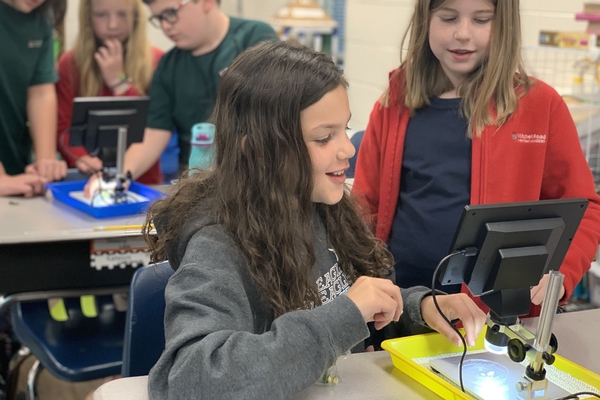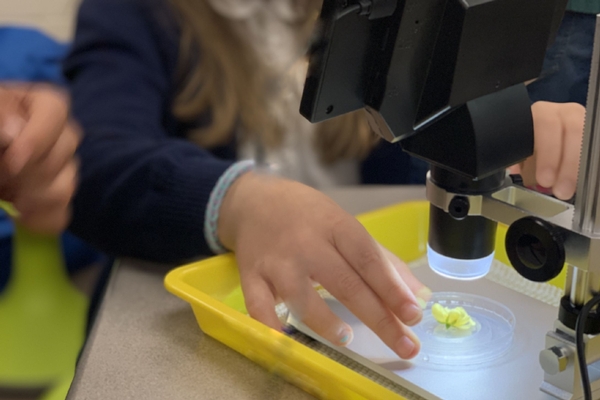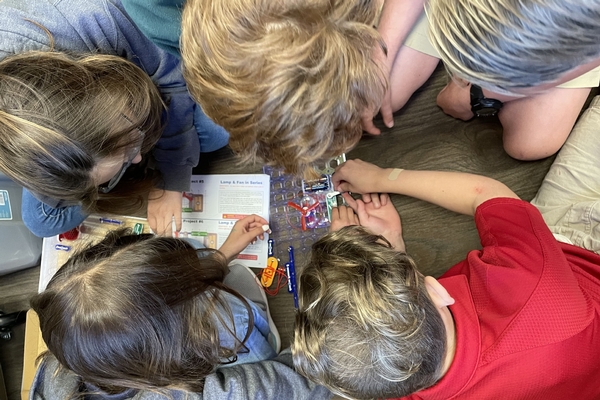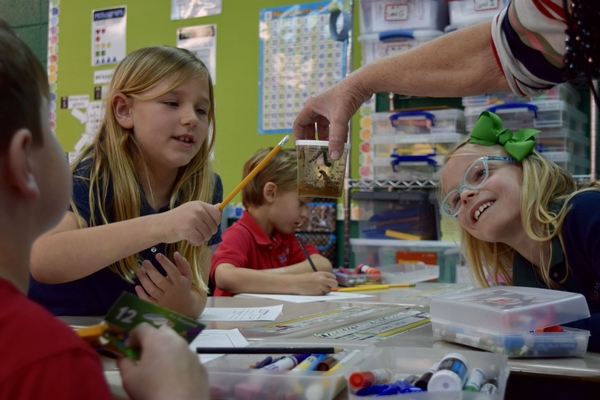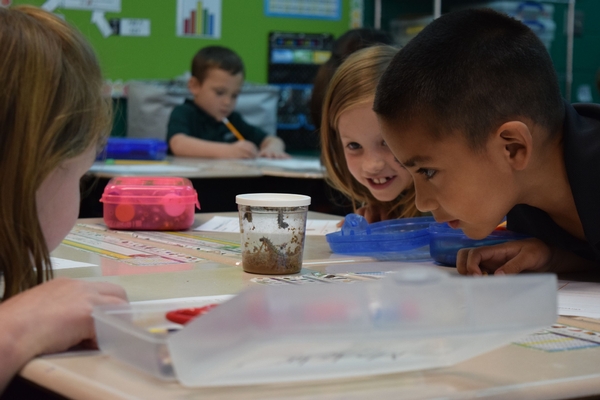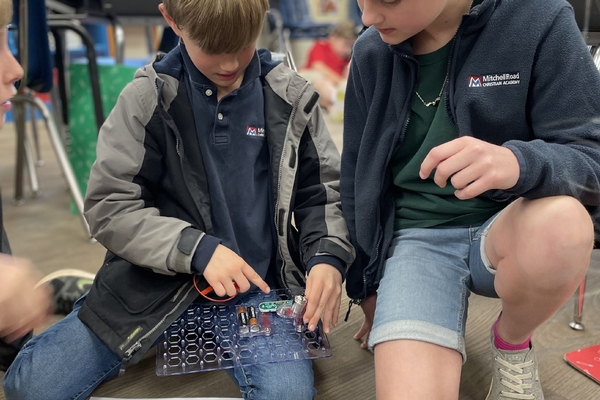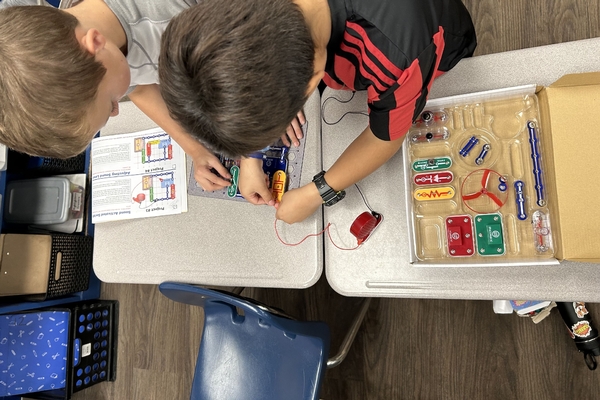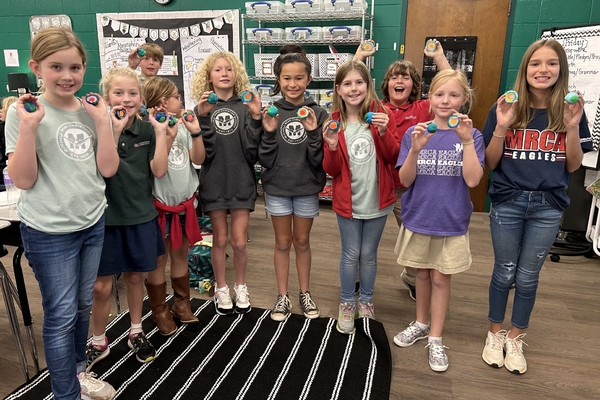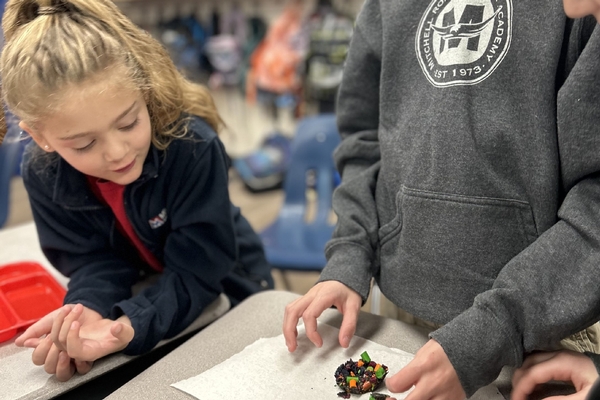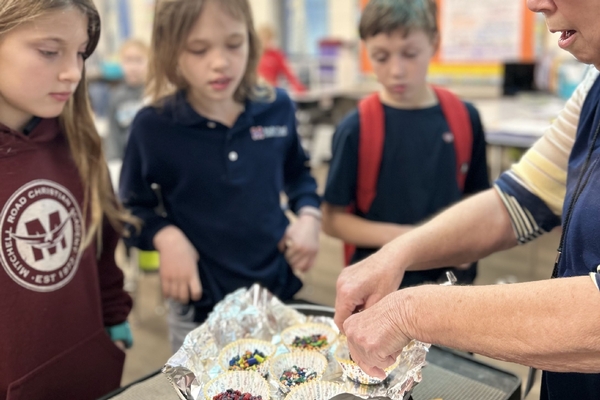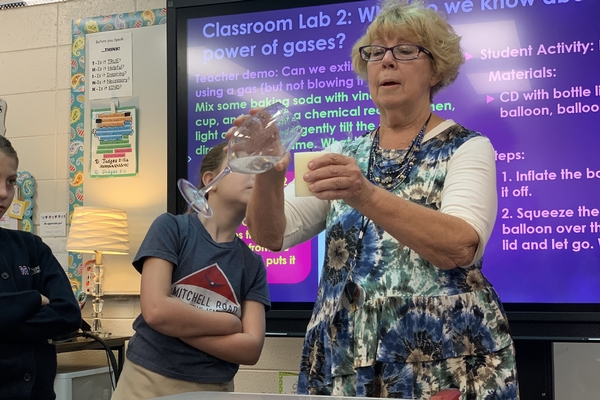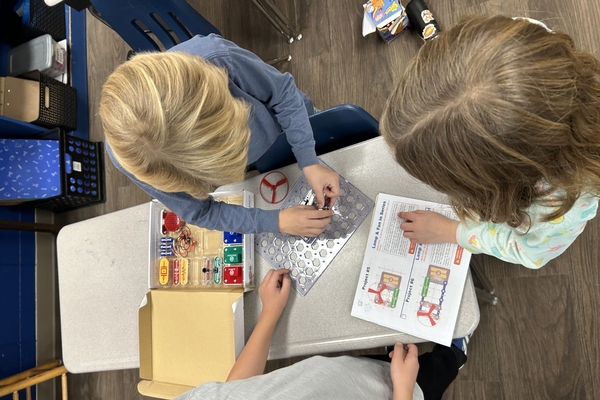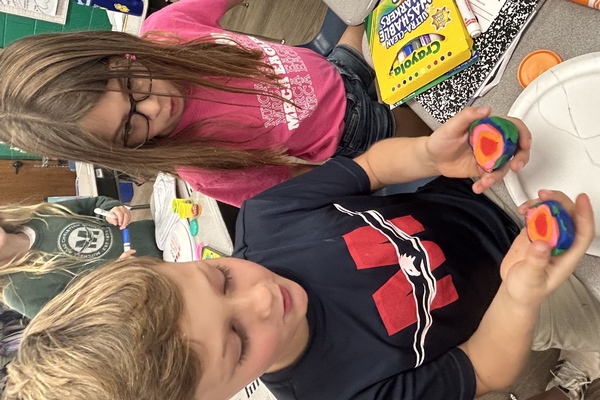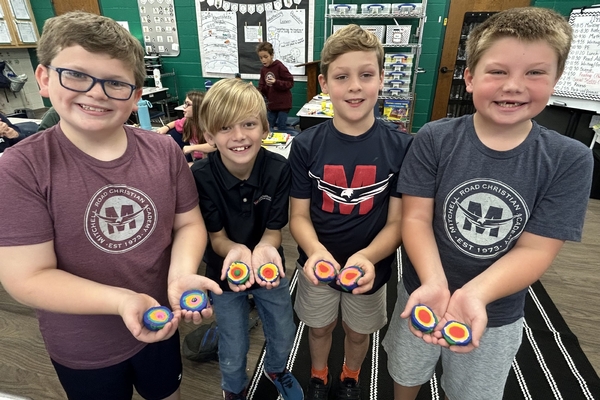A Hands-On Education
STEAM learning is an important part of MRCA's academic approach because it encompasses a range of experiences and skills to give students a well-rounded education.
STEAM stands for:
- Science - to give students an in-depth understanding of the world around them
- Technology - to prepare students to work in an environment of high-tech innovations
- Engineering - to enhance problem-solving skills and apply knowledge in new projects
- Art - to foster creativity and design thinking, allowing students to express ideas and innovate in visually and emotionally impactful ways
- Math - to teach students to analyze information, eliminate errors, and make conscious decisions when designing solutions
At MRCA, our STEAM program is designed to ignite curiosity, develop flexible thinking, and prepare students to thrive in a rapidly changing world. Through project-based learning and real-world problem-solving, learners cultivate a mindset rooted in exploration, adaptability, and innovation.
The core purpose of this program is to support standards-based classroom science instruction by providing teachers and students with engaging, hands-on science activities. These activities are carefully selected to enhance content mastery in ways that are both relevant and timely, ensuring that students build a strong foundation in scientific concepts while applying them in meaningful contexts.
In every lesson, children are encouraged to think deeply and work collaboratively while developing essential 21st-century skills, including:
- Critical Thinking
- Statistics
- Engineering-Design Thinking
- Problem-Solving
- Creativity
- Argumentation
- Intellectual Curiosity
- Data-Driven Decision-Making
- Flexibility
- Collaboration
Under the guidance of Mrs. Bateman, MRCA’s Elementary STEAM teacher, students in K5 through 4th grade participate in STEAM classes throughout the year (frequency varies by grade). Each session is designed to nurture a love of learning and empower students to become innovative thinkers, confident communicators, and thoughtful problem-solvers.


